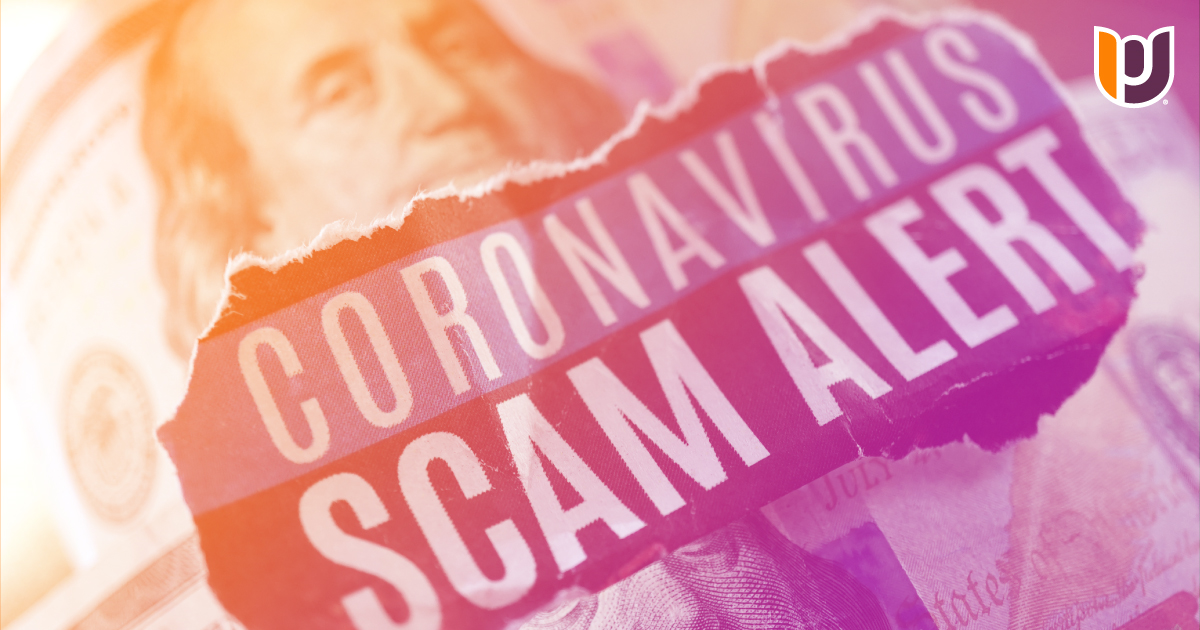As the COVID-19 pandemic impacts the United States, Post University reminds students that scammers can take advantage of you.
We have received reports of scam email and phone campaigns preying on virus-related fears or impersonating government agencies.
For example, the World Health Organization recently issued a warning about criminals seeking to take advantage of the pandemic to steal money or sensitive personal information from consumers. The group urged people to be wary of phone calls and email messages that purport to be from the WHO, or charity organizations, asking for account information or for money.
 Post University encourages students to follow these tips to protect themselves from scams, including coronavirus scams:
Post University encourages students to follow these tips to protect themselves from scams, including coronavirus scams:
- Do not respond to emails, calls, or texts, especially if the sender or phone numbers are unknown or that appear suspicious.
- Never share your personal or financial information via email, text messages, or over the phone.
- Scammers often spoof phone numbers to trick you into answering or responding. Remember that government agencies will never call you to ask for personal information or money.
- Do not click any links in a text message. If a friend sends you a text with a suspicious link that seems out of character, call them to make sure they weren’t hacked.
- Always check on a charity (for example, by calling or looking at its actual website) before donating.
If you receive any spam messages or have any questions, please forward them to [email protected]. Our Information Security Team will be happy to assist. For more information on cybersecurity best practices for students, please read this IT blog
